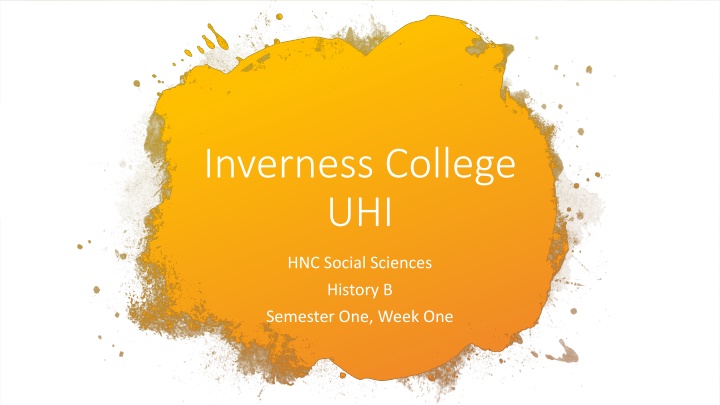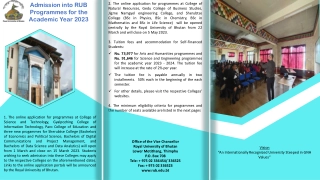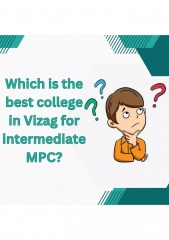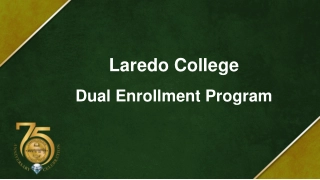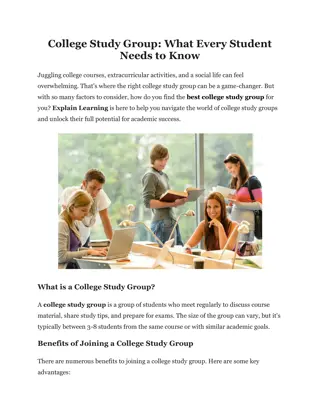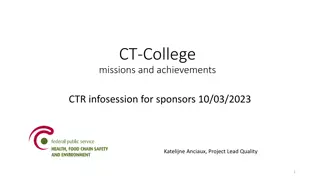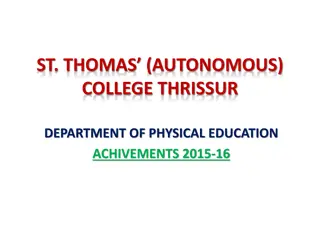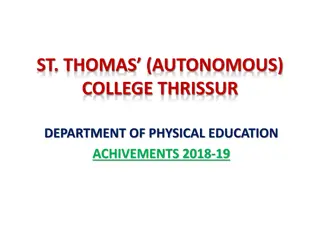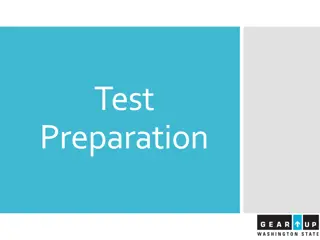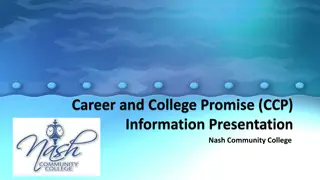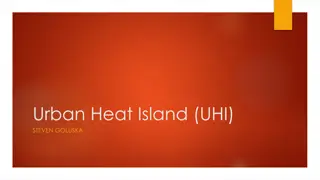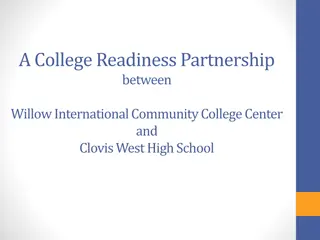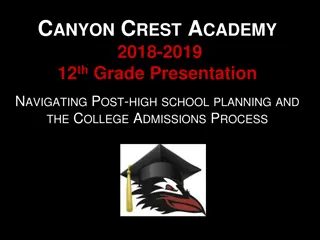Inverness College UHI
Delve into the tumultuous period of 20th Century Europe, specifically focusing on the build-up to and impact of World War Two through the HNC History B module. Uncover significant events from 1918 to 1945, analyze interpretations of historical occurrences, and develop skills in evaluating data. With a detailed overview of the course structure, learning outcomes, and assessment methods, this module offers a comprehensive exploration of key topics within this historical period. Engage with dedicated teaching staff, access class schedules, and prepare for assessments to enhance your understanding of this pivotal era in European history.
Download Presentation

Please find below an Image/Link to download the presentation.
The content on the website is provided AS IS for your information and personal use only. It may not be sold, licensed, or shared on other websites without obtaining consent from the author.If you encounter any issues during the download, it is possible that the publisher has removed the file from their server.
You are allowed to download the files provided on this website for personal or commercial use, subject to the condition that they are used lawfully. All files are the property of their respective owners.
The content on the website is provided AS IS for your information and personal use only. It may not be sold, licensed, or shared on other websites without obtaining consent from the author.
E N D
Presentation Transcript
Inverness College UHI HNC Social Sciences History B Semester One, Week One
We will be looking at 20th Century Europe 1929- 45, concentrating on the build up to, and including World War Two. What is HNC History B? In semester one, we will look at the time period 1918 1939 In semester two, we will look at World War Two.
Module Overview History B: Analysing Topics within a Historical Period Unit Code: J02X 34 This Unit aims to develop skills in evaluating and interpreting data. In semester one, we will look at events that contributed to the outbreak of World War II, concentrating on the time between 1919 1939. This section of the course will be assessed by an essay. In semester two, we will consider the main events of World War II, looking at topics such as the Battle of Stalingrad and the Home Front. This work will be assessed by a closed book exam.
Learning Outcomes Outcomes On successful completion of this unit, you will be able to: 1. Analyse the contribution of a selected source in enhancing understanding of a specified topic or period. 2. Analyse different interpretations of, or responses to, an event or topic within a chosen historical period.
Teaching staff Tracy Kennedy Tracy.Kennedy.ic@uhi.ac.uk Historical likes dusty old archives Historical dislikes Braveheart
Class times and locations Your history class will be on Mondays between 11am 1pm. Whilst we are learning online, you can access the meeting link by going to the History folder in HNC Social Sciences in Brightspace. Click on Communication and Collaboration then on Webex. You will then see your list of classes. Just click on the history link and join the class!
In semester one, your assessment will consist of one open book essay. You will be given plenty of support in learning how to write a good academic essay. Assessments: Assessment 1 The class in week 10 (16thNovember) will be spent purely on essay writing. Your essay question will be released on that date and is due Friday 18thDecember.
In semester two, your assessment will be a closed book exam. Your exam will last for two hours. Assessments: Assessment 2 The exam will cover everything you have learned in semester two. The date for the exam has not been confirmed yet, but I will let you know when it has.
We will complete LO2 before LO1. LO2 will be completed in semester one and LO1 will be completed in semester two. Note: This is because it would be a bit daft to study World War Two before looking at the reasons for the war starting!
Schedule for Semester One Week Date Topic Week Date Topic 7thSep 26thOct One What is History B? Eight Hitler Expands 14thSep A recap of World War One 2ndNov Two Nine Jewish people in Europe 21stSep The Treaty of Versailles 9thNov Three Ten The League of Nations 28thSep 16thNov Essay writing and referencing workshop Four The Great Depression Eleven 5thOct 23rdNov The end of the League of Nations Five The Rise of Hitler Twelve 12thOct 30thNov Abyssinia and the Spanish Civil War Six Reading Week no class Thirteen 19thOct 7thDec Seven Hitler Consolidates Fourteen Appeasement Your essay is due by 5pm 18th Dec. Week fifteen (14th Dec) will be spent continuing to write your essay where I am at hand to support you with any questions.
Reading List There are four books you will need access to for this course. There are three copies in the library, but they are only released for a two week period loan. Overy, R.J. & Wheatcroft, A. 2009, The Road to War, Rev. and updated edition, Vintage Books, London. Available as an e-book through the university library. Rothwell, V. 2001, The Origins of the Second World War, Manchester University Press, Manchester. Hastings, M. 2011, All Hell let Loose: the World at War 1939-45, Harper Press, London. Overy, R.J. 2006, Why the Allies Won, Pimlico, London. Available as an e-book through the university library.
What will be expected of me in class? Whilst I will lead each class, you will be expected to participate in the discussion and contribute generally to the class. If this fills you with dread, please come and talk to me. Class discussion is very important as not only does it give me an idea of how you are understanding the content, but it will encourage other students to talk and help you bounce ideas off each other. You must come to class prepared. You will always be told what you have to do to prepare for the following week s class. Normally, this involves reading through the learning materials on Brightspace and a chapter in a book. Note down anything you are unsure of and ask questions. Support each other!
Class etiquette Whether we are online, or in the classroom, the same etiquette should be applied: Be nice to each other. You do not know what other people have going on in their lives. If someone is talking please do not talk over them or start doing something else. You do not need to check your mobile phone. If you are on your phone, you are not learning! Above all, if you are not sure about anything ask! If you are too shy to confess you do not understand something in class, either catch me at the end of the class, or send me an email.
As part of HNC History B, we look at persecution of Jewish people in Nazi Germany and the Holocaust. This, of course, contains very upsetting information on Jewish, gypsy, gay and disabled undesirables . You will be warned the week before about any upsetting content, and the week concerned will have a red marker to remind you like in the picture above. Safe spaces and upsetting content
Safe spaces and upsetting content If, when you are preparing for the class, you find that the content is especially upsetting and you think you might struggle during the class, please let me know. We can have a chat and put some support in place for you. My classroom is a safe space where students can talk about anything that upsets them, and be reassured that they can talk in a supportive environment.
